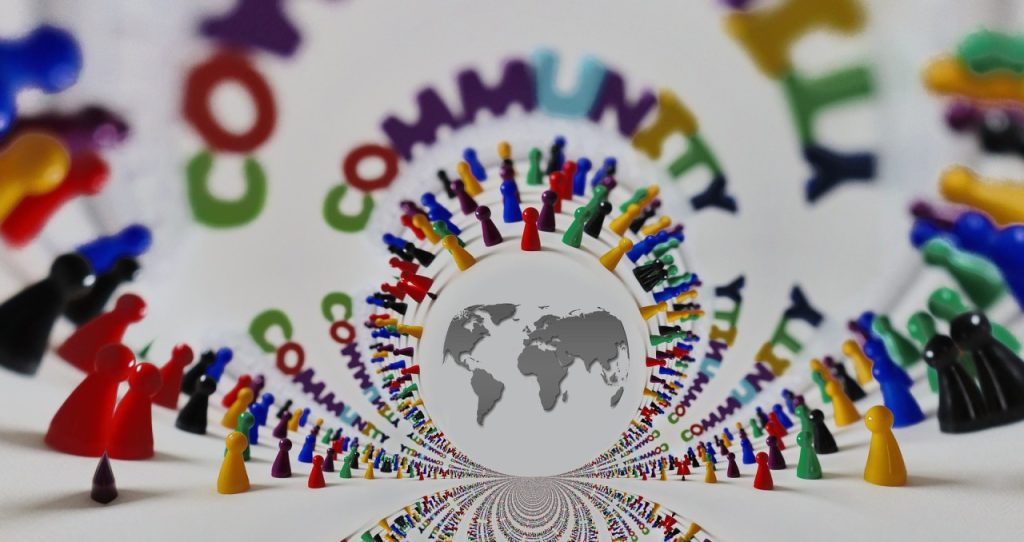Introduction
Since our world is more connected than in the past, being able to exchange information among people from different cultures has become necessary. It helps individuals from other cultures and languages become friends and work together. It unites people in various places, supports togetherness, and builds understanding that helps create new ideas and alliances. This article studies the importance of communicating in different cultures, the hurdles involved, and its effect on personal and professional lives.
Understanding Cross-Culture Communication
Cross-cultural communication means passing messages and ideas between individuals from different cultures. Society considers words, gestures, how someone talks, body language, and commonly accepted values and behaviors when communicating with people from different cultures. When communicating with people from different cultures, we should be aware of the differences and willing to change our conversation style.
Culture influences the way individuals view the world, show their emotions, and understand what is said. Some people expect directness in conversation, but others might wish to discuss things indirectly. There are often misunderstandings because people accidently apply their cultural beliefs to others. Thus being aware of cultural differences helps to fill the existing gaps.
The role of Cross-Culture Communication in Globalization
Now that globalization links countries and people more closely, it is very important to be able to communicate with people from different cultures. People must react to cultural differences to achieve goals in today’s global economy.
Companies need to respect cultural traditions to establish reliable business relationships when stretching their activities to various regions. Diplomacy and international relations often depend on understanding people from different cultures to promote peace and cooperation. Individually, being culturally sensitive improves travel, great friendships, and family relationships if your society is made up of different cultures.
Benefits of Cross-Cultural Communication
Cross-cultural communication helps us to appreciate and utilize new ideas and creativity. If individuals from different backgrounds meet, they contribute new creative and practical solutions. Moreover, it encourages people to be more understanding and respectful of each other.
Firms that provide cross-cultural training experience a rise in teamwork and higher productivity. People who are culturally aware at work generally communicate better and prevent many problems. Because of this, everyone in the workplace feels respected and like they belong.
Challenges to Overcome
Communicating with people from different cultures can sometimes be difficult. When people speak other languages, there may be misunderstandings because things aren’t always understood clearly. Besides, traditions about authority, time management, and choices differ greatly, sometimes creating problems.
If people think their culture is superior and biased, they may feel uncomfortable talking with people from different backgrounds. The remaining patient must solve problems like these, listening and always learning. Understanding other cultures when talking to people is better than judging them.
Real-World Applications
You could study Google or Coca-Cola, as they have teams of people from various countries. Part of why they are successful is that they are open to and support the acceptance of different cultures in communication. They educate workers on successful collaboration among individuals from a range of cultures. Likewise, understanding different cultures is keys in international diplomacy. Realizing the importance of our partners’ culture helps negotiators achieve deals and form lasting relationships.
Immigrant integration on the community level promotes communication between different people, allowing newcomers to fit in and share their culture with the community.
Conclusion
As countries are becoming linked in new ways, cross-cultural communication helps connect people and ideas. With a better understanding of each other and our differences, we can grow and work together peacefully across the globe. The ability to connect with others outside of our borders comes from communicating well, politely, and straightforwardly.
About the Author: Sana Shaikh is a student at National Defense University
Follow the PNI Facebook page for the latest news and updates.









